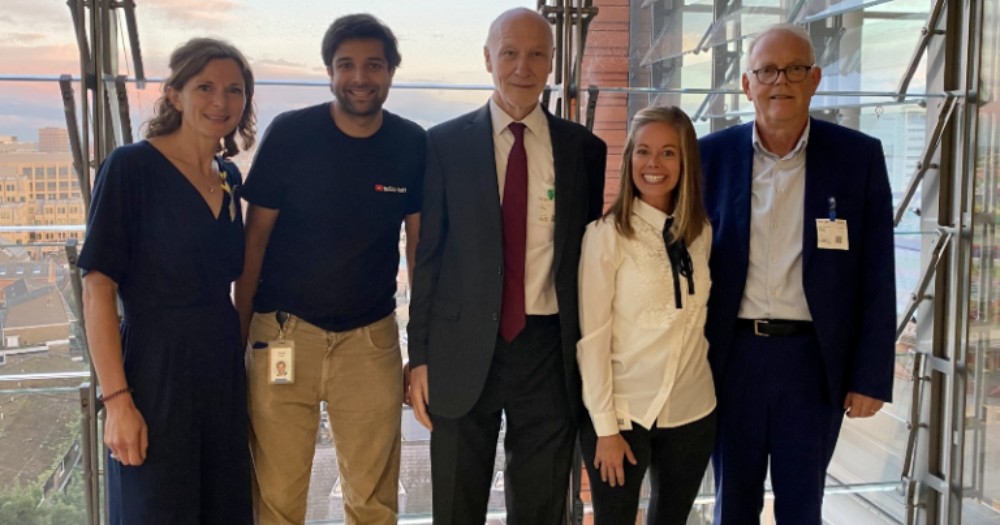UCL, YouTube to enhance availability of mental health information for young people

In an age where digital platforms dominate information consumption, the collaboration between University College London (UCL) and YouTube marks a significant step forward in mental health education for young people. With a growing reliance on YouTube for guidance, the partnership aims to enhance the availability of reliable, evidence-based mental health content tailored for children and adolescents.
How does it work?
The initiative involves a comprehensive training program for over 100 clinical academic staff at UCL, focusing on effective content creation for YouTube. This effort will establish UCL's own "clinical creators network," where experts can share the latest research findings in a format accessible to young audiences.
Dr. Jenny Shand, a key figure in this collaboration, emphasized the necessity of this partnership: "Last year, YouTube saw 950 million views on mental health condition videos in the UK. This staggering figure underscores the high demand for mental health content."
By fostering a direct link between academic research and digital content, the initiative seeks to equip the next generation of creators with the skills to communicate vital information effectively.
Why does it matter?
The importance of this initiative cannot be overstated. As the demand for mental health services rises, it becomes imperative to provide accurate and easily accessible information.
Clinical Professor Peter Fonagy CBE highlighted the potential impact: "This initiative presents a huge opportunity. Not just for the thousands of children and young people desperately searching for high-quality mental health information, but also potentially for specialist mental health services."
By addressing the current gaps in mental health resources, this partnership seeks to alleviate pressure on traditional services while empowering young individuals to seek help and knowledge.
The context
With mental health challenges increasingly affecting youth, leveraging platforms like YouTube becomes essential for outreach.
Dr. Garth Graham, Global Head of Healthcare and Public Health at Google/YouTube, remarked on the broader implications of this collaboration: "YouTube Health is extremely proud to be partnering with UCL to support academic experts in making evidence-based mental health information and research videos accessible to the entire UK population and beyond."
By tapping into digital media's vast potential, this partnership aims to inform and engage young people in conversations about mental health — ultimately fostering a culture of openness and support.
💡Did you know?
You can take your DHArab experience to the next level with our Premium Membership.👉 Click here to learn more
🛠️Featured tool
 Easy-Peasy
Easy-Peasy
An all-in-one AI tool offering the ability to build no-code AI Bots, create articles & social media posts, convert text into natural speech in 40+ languages, create and edit images, generate videos, and more.
👉 Click here to learn more


